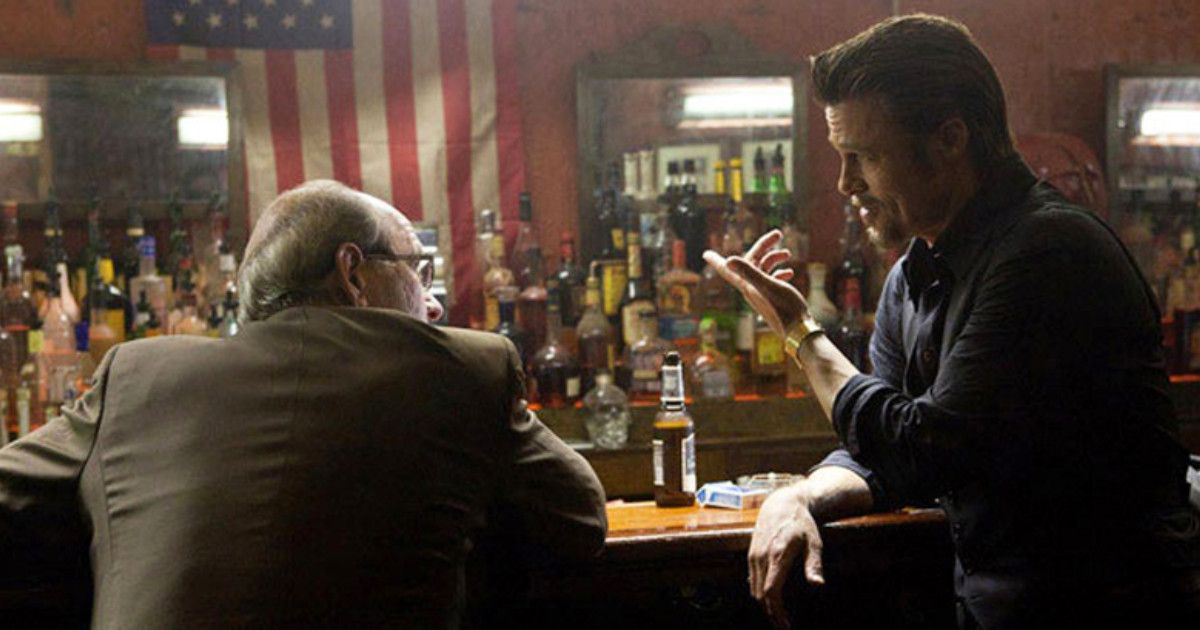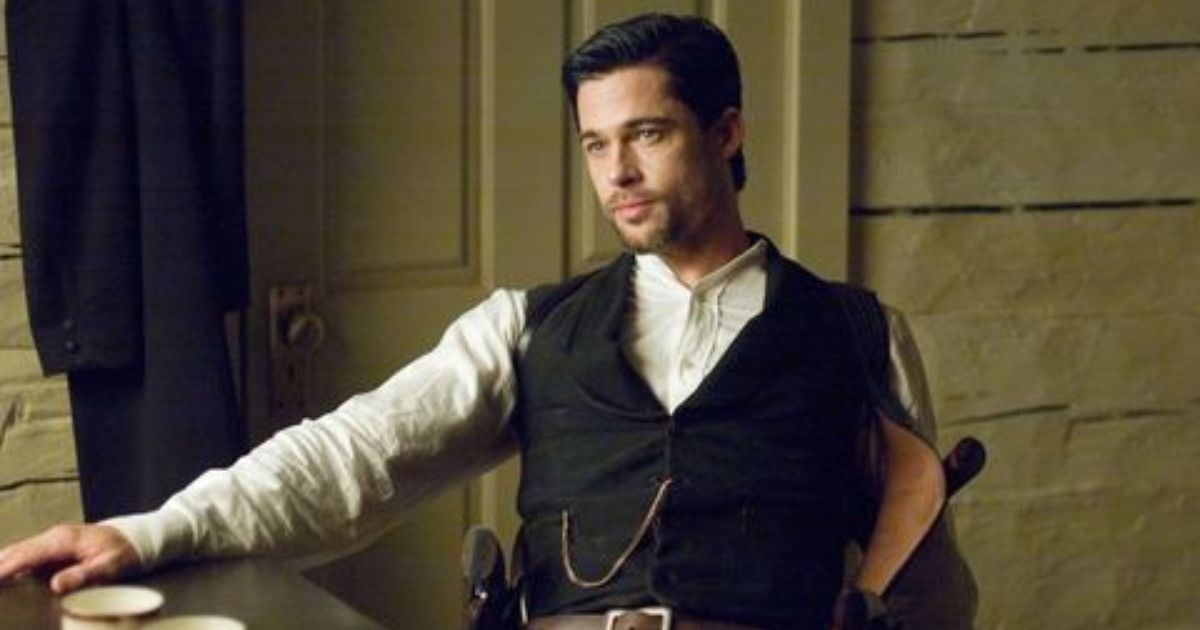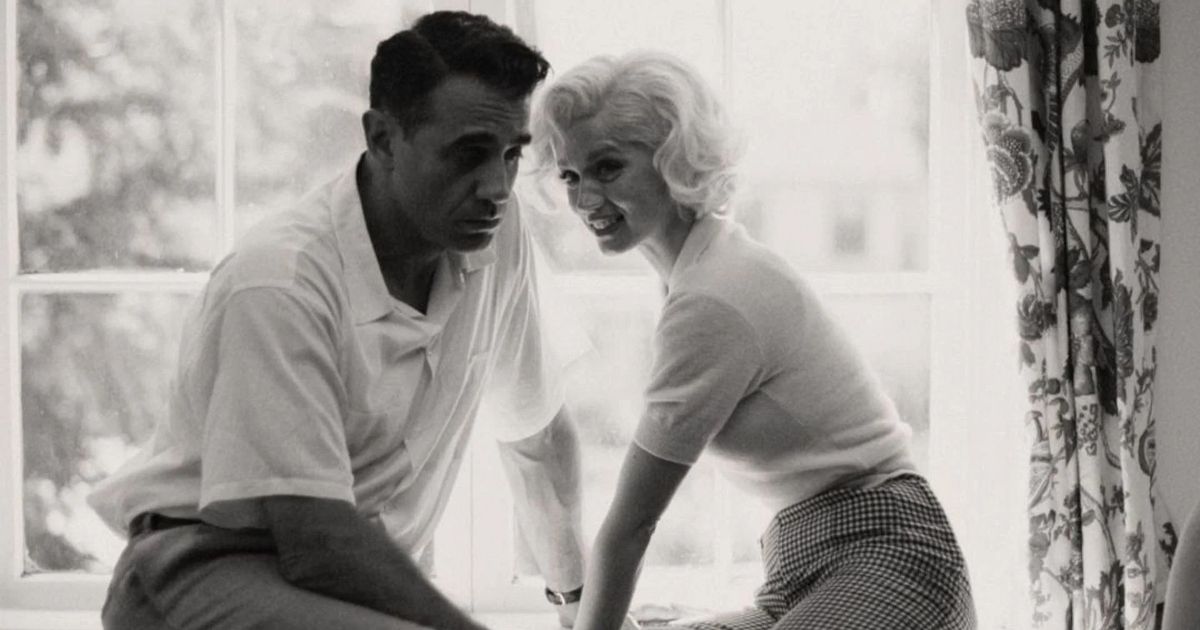Andrew Dominik created one of the most controversial films in recent memory with the Marilyn Monroe biopic Blonde, which was based on the divisive novel of the same name by Joyce Carol Oates. While Blonde is intended to be a fictionalized version of real events, many viewers did not take kindly to the graphic depiction of sexual assault and the NC-17 rating. While Ana de Armas’ performance was highly acclaimed and even honored with an Academy Award nomination, the film itself has been ridiculed. It recently took home the Razzie awards for Worst Picture and Worst Screenplay at the 2023 ceremony.
It should be noted that Blonde was not completely met with negative reactions, as Colin Farrell recently praised it, and initial reviews out of the Venice International Film Festival were much kinder than those that ran once the film was available on Netflix. However, Dominik’s later comments about not portraying Monroe as an “empowered woman” have entrenched the film in further commentary. Blonde is the type of film that could signify a director’s place in “movie jail,” where any mention of their name frightens potential studios. It would be an unfortunate fate for Dominik, who has shown himself to be a filmmaker of great promise.
Interesting Political Angles
It will be interesting to see how Blonde is viewed over the course of time, as it feels like the type of film that could merit a serious critical reappraisal as a more insightful political statement than it was initially given credit for. It’s often that the film that lands a director in “movie jail” is initially deemed as one of the worst ever, only to attract a fanbase of supporters later on; this was the case with both Michael Cimino’s 1980 western flop Heaven’s Gate and Richard Kelly’s shocking dystopian satire Southland Tales. Blonde certainly makes some interesting points about political cover-ups and propaganda, which may be given more attention after the more inflammatory reactions have subsided.
A reappraisal of Dominik’s work would make sense considering that he had a similar experience with his 2012 crime thriller Killing Them Softly. While the initial marketing material suggested an exciting action movie, audiences were upset when they got a slow, artful examination of the effects of the economic crisis on a small gang of criminals. Rather than making a blood-soaked action thriller, Dominik used Killing Them Softly to explore the impact of the 2008 election of President Barack Obama, and how fragile the American economy really was. The film’s insight feels even more prominent today, and Dominik’s nuanced work as both a director and writer certainly was not deserving of the initial backlash.
Dominik’s work on Killing Them Softly also signified that he was able to weaponize the star power in his films to his advantage. Audiences may have had certain expectations about what James Gandolfini’s role would be considering his history in the crime genre with The Sopranos, and they were shocked to see Gandolifini as a sensitive, heartbroken career criminal. Similarly, the generally lovable Brad Pitt was cast as a remorseless assassin who doesn’t show any hints of charisma or personality. It may have been strange for viewers who were expecting something else entirely, but in hindsight that was a great way for Dominik to challenge expectations; perhaps similar reappraisals could be granted to de Armas’ brilliant work in Blonde.
Challenging Approach to Genre
Dominik has also shown a versatility within his genre-centric projects that most filmmakers have not learned. Dominik sees genre as a tool, not a burden, which has opened his films up to leave their own creative marks. While this is true of the subversive nature of the heist element in Killing Them Softly and the juxtaposition of real life events in Blonde, it is most evident in his masterful 2007 western The Assasination of Jesse James By The Coward Robert Ford. The film subverts cliches within the western genre and has firmly established itself as a modern classic.
The Assassination of Jesse James By The Coward Robert Ford explores the life and death of the infamous outlaw (played excellently by Pitt) through the perspective of one of his greatest admirers (Casey Affleck in an Oscar-nominated role). It’s not hard to recognize that the film is analyzing fan culture, and the toxic way that admirers immortalize their heroes and turn against them in an instant. It’s surprisingly a relevant film to today’s internet fandoms, particularly in the film industry where backlash and toxicity is a constant issue for major franchises like Star Wars, the Marvel Cinematic Universe, and the DCEU. While a film like Joker attempted to tackle similar issues, The Assassination of Jesse James By The Coward Robert Ford does it in a far more interesting way.
Dominik has also shown that he can adapt his signature style in order to fit the parameters set by another great filmmaker. Given their mutual interest in crime thrillers and disturbed characters, Dominik is often compared to David Fimcher. Dominik directed two episodes of Fincher’s brilliant true crime series Mindhunter, and successfully showed a different side of the infamous serial killer and cult leader Charles Manson that was distinct from the depiction by Quentin Tarantino the same year in Once Upon A Time In Hollywood.
Ambitious and Interesting Failures
Dominik’s comments about the role of women in his films are certainly worthy of backlash, but he shouldn’t be canceled simply because of some off-color remarks; considering that directors like Woody Allen and Roman Polanski continue to make new films despite the allegations made against them, Dominik’s insensitivity certainly seems less severe.
Blonde is also a far more interesting film than it has been given credit for. Rather than making a traditional biopic, Dominik used the film to analyze the cultural image of Monroe and how her legacy has evolved. It’s possible that the film’s defenders have chosen to remain silent in the aftermath of the overwhelmingly negative reactions it received from American critics.




